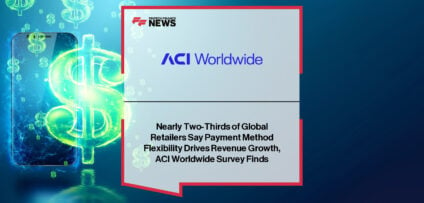Breaking News

Interchange fees: what are they and how are they calculated?
Interchange fees are transaction fees charged by card networks, such as Visa and Mastercard, for the use of their payment networks. These fees are paid by merchants to their acquiring banks (the bank that processes credit card payments on behalf of the merchant) for each transaction made by a customer using a credit or debit card.
The interchange fee is calculated as a percentage of the transaction value plus a fixed fee per transaction. The specific percentage and fixed fee amount vary depending on various factors, such as the type of card used, the card brand, the country where the card was issued, and the merchant’s industry.
Card networks set these interchange fees, and they are not negotiable by merchants. Acquiring banks typically pass on these fees to their merchants as part of the cost of accepting credit and debit card payments. Merchants can choose to pass on these fees to their customers in the form of surcharges or absorb the cost as a cost of doing business.
Interchange fees play an essential role in facilitating electronic payments, supporting the security of transactions, and covering the costs of maintaining the payment networks. However, the complexity and variability of interchange fees can be a source of confusion and frustration for merchants.
In recent years, fees have been the subject of regulatory scrutiny and legal challenges, particularly in Europe, where the European Union has introduced regulations to cap interchange fees for cross-border transactions within the EU.
Merchants can take steps to manage the impact of interchange fees on their business. For example, they can negotiate with their acquiring bank for lower processing fees, or they can explore alternative payment methods, such as digital wallets or bank transfers, that may have lower transaction costs.
In conclusion, interchange fees are an important component of the electronic payment ecosystem, and merchants should be aware of the fees they are paying and the factors that influence them. By understanding these fees, merchants can make informed decisions about their payment processing strategies and minimize the impact of fees on their business.
- EXCLUSIVE: “Passion Project” – Brice van de Walle, Mastercard in ‘The Fintech Magazine’ Read more
- FreedomPay Drives Global Merchant Innovation Read more
- FIS Brings AI-Powered Advancements to Seamless, Personalized Digital Banking Experiences Read more
- Citi Ventures Invests in BVNK to Power the Next Generation of Financial Infrastructure Read more
- Nearly Two-Thirds of Global Retailers Say Payment Method Flexibility Drives Revenue Growth, ACI Worldwide Survey Finds Read more















